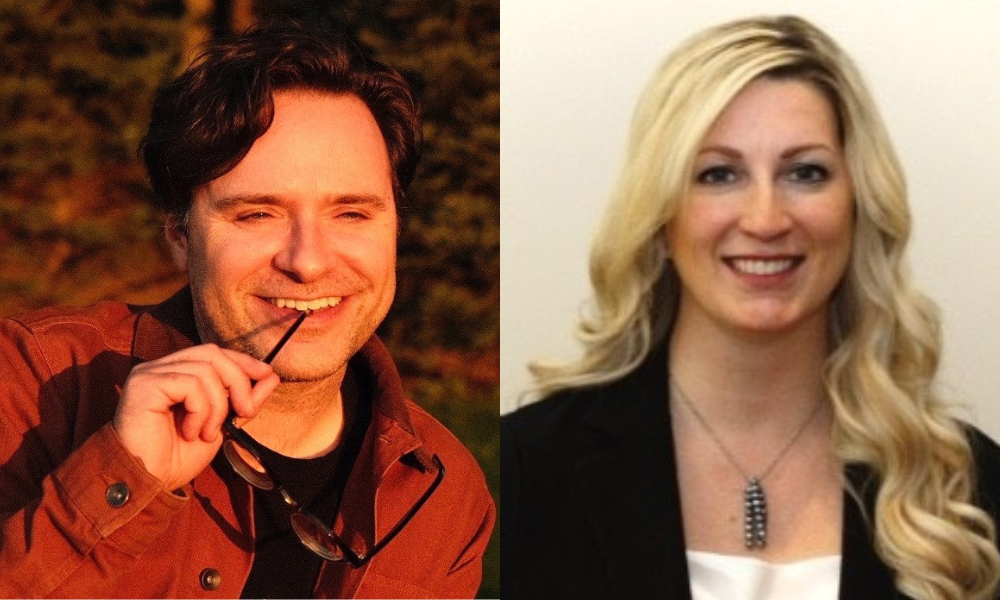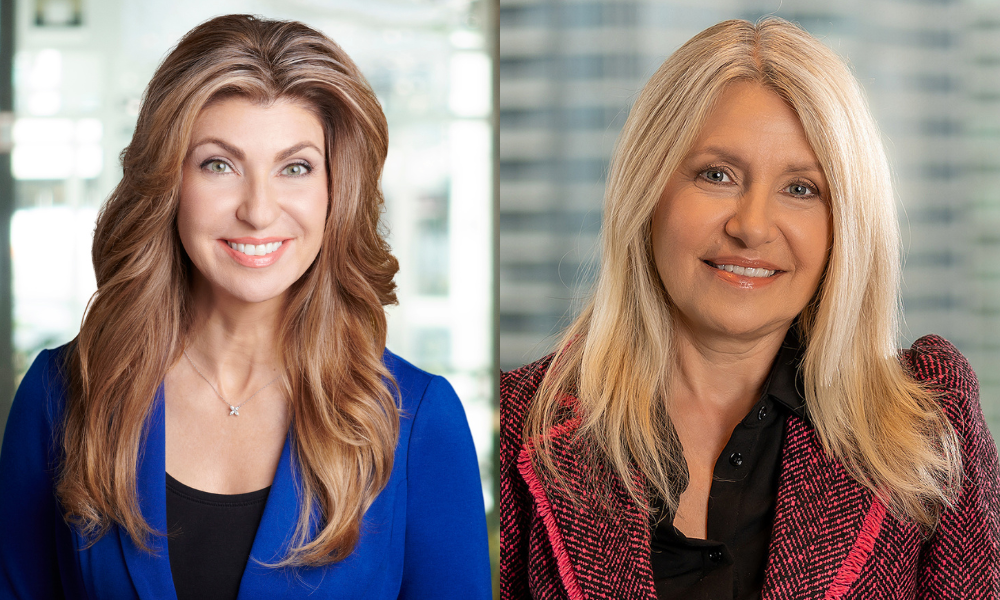'The majority of employees have the perception that their own work ethic is stronger… than their colleagues,' says University of Toronto researcher

New research coming out of the University of Toronto is taking a closer look at the issue of work ethic – not only how individual employees think about their own work ethic, but the work ethic of their colleagues as well.
Since 2005, professor of sociology Scott Schieman has collected data from over 30,000 workers in the U.S. and Canada; his latest research questioned workers about how they feel about the work ethic of other workers, to compare it to their self-perceptions.
Schieman’s survey asked 5,000 American employees and 2,500 Canadians about how much effort they put into their jobs, beyond what is required of them.
Canadians, Americans have same work ethic
Interestingly, Canadian and American workers had almost identical responses:
- 52% of both American and Canadian full-time workers said they put in "a lot" more effort than what is required.
- 35% put in "some" effort.
- 10% put in "a little" effort.
- 3% put in "none".
In contrast to these results, when asked how much effort others put in beyond what is required, only 13% of respondents think the average worker puts in “a lot” of effort.
Schieman calls these discrepancies “perception glitches.”
“The majority of employees have the perception that their own work ethic is stronger, basically, than their colleagues,” he says, adding that this perception glitch could affect employee sentiment about their workplace.
“You could say you’re very satisfied with your own job, but if you believe most of the other people that you work with aren’t as keen or aren’t as into it, it might have a dampening effect on your overall commitment to the organization.”
To find out if employee work ethic has lessened over time, the researchers compared the new data with the 1977 Quality of Employment Survey and found that over the course of the last 50 years, worker perception about their own work ethic has barely changed: when asked the same question in 1977, 57% of respondents said they put in “a lot” more work than is required of them at their jobs.
Perception gap between self-perceived work ethic, work ethic of others
So why do so many of the respondents think their own work ethic, as well as working conditions and job satisfaction, are higher than that of others?
“Most people are saying, ‘I’m fine, but everything else sucks,’” says Schieman. “One of the biggest reasons that I think, and it’s hard to prove it, but since about 2020, there’s been a steady, negative portrayal of work in the media.”
Media coverage of workplace trends such as “quiet quitting”, “rage applying”, “lazy girl jobs” and the like may contribute to a misperception that – while they are content in their own jobs – other workers are experiencing toxic work practices at large scales.
Schieman says this could have workplace implications, if employees are reporting job satisfaction yet perceiving their colleagues as being unhappy or overworked.
“Managers and employers have to worry not only about what people themselves personally feel about their own conditions, but what their perceptions are of the broader landscape.”
Strong leadership needed to influence employee perceptions of work ethic
Amy Clark, CPO of D2L, says that the issue of work ethic is a big-picture issue that gets to the heart of the changes that began during the pandemic and continue today, with shifting ideas of what people want out of their working lives, and work-life balance, as well as the mass adoption of hybrid and remote working models that remain popular with employees despite efforts to get them back into the office.
“I think that the pandemic definitely had a big role to play in this shift, and I think if I were to think about the impact that had on employees' attitudes about working, it would be mainly an increased value around flexibility, increased value around work-life balance and boundary setting, and a drive for meaningful work.”
The old idea of the “ideal worker” – and along with it, work ethic – isn’t the reality anymore, Clark says, adding that strong leadership plays an essential role in influencing how employees perceive the work they are doing and how it ties in with the mission and purpose of the organization.
“How they've set expectations as well can play into this perception of whether employees feel that they're working adequately, or harder than perhaps their peers are,” she says; plus, there is “cultural infighting” around being evaluated on productivity and results rather than timelines, “and that's not always necessarily hierarchical.”
“I think it all comes down to employee engagement,” says Clark. “If people aren't feeling engaged or connected to their work, or their company or their boss, it's natural for them to feel like they may not want to go above and beyond in their job every day and maybe job hop, and maybe quiet quit, those sorts of things.”
Flatter organizational structures and less drive for leadership
Clark has also observed a change in employee desire for promotion to leadership, especially in younger workers coming in to the workforce. Early-career employees are seeking an “intentional career path,” she explains, “and that's not always necessarily hierarchical.”
“Getting to the top doesn't look the same as it did before, and even the top doesn't necessarily look the same,” she says.
“Leadership has become a less attractive option for a lot of new employees. They see what their parents went through. They really just want to come and do really good work and be evaluated based on the output and the quality of that work.”
Being more thoughtful about conversations with employees about their perceptions of the whole organization and the experiences of their peers and teams could be helpful to employers in ensuring they’re getting the whole picture, Schieman says.
“It’s critical that managers and HR leaders understand what motivates and challenges employees, and know that everyone’s different in terms of what excites them, motivates them, engages them,” she says.
“Maybe we need to be mindful of a perceptual realignment of what work is, and the quality of it, not just for people's own sense of what work is, but what they think other people are experiencing.”




